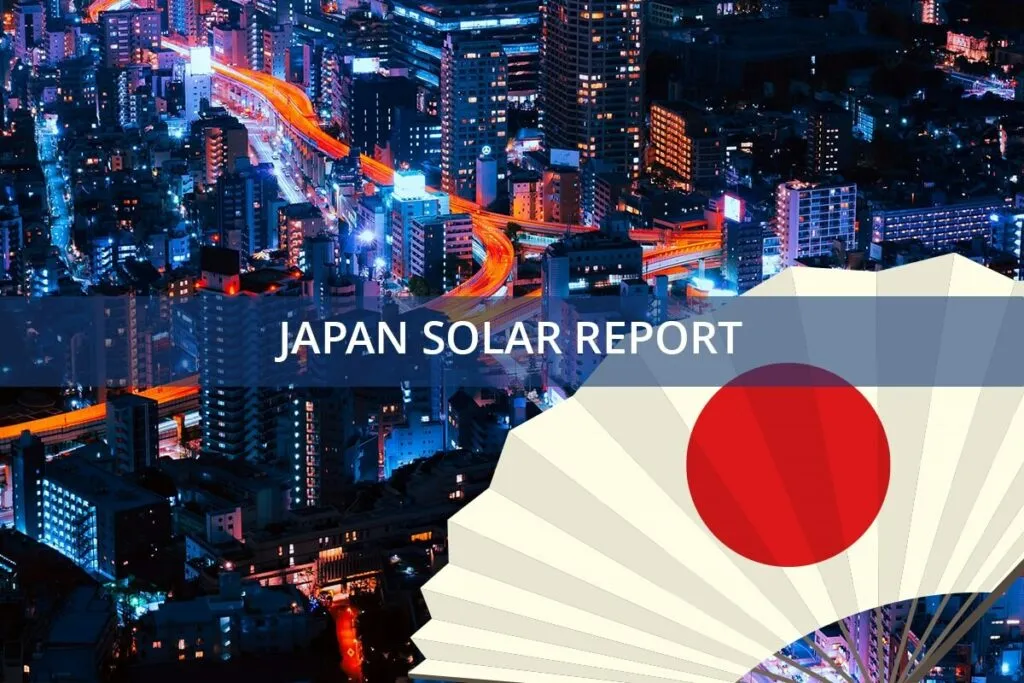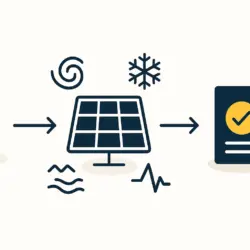Microsoft has taken a significant leap forward in its green energy objectives by securing 100 megawatts (MW) of solar power in Japan through a series of agreements with renewable energy developer Shizen Energy. This long-term, 20-year commitment underscores Microsoft’s dedication to sustainability and its ongoing efforts to reduce its carbon footprint by expanding its renewable energy portfolio.
The energy generated from these projects will be crucial for powering Microsoft’s data centers in Japan, which support the company’s delivery of cloud services, including Azure and its growing AI offerings. The agreement covers four distinct solar projects located in Japan’s Kyushu and Chugoku regions, with two of the facilities already operational. This distributed approach diversifies the energy supply and strengthens the regional green energy infrastructure.
Brad Smith, Vice Chair and President of Microsoft, highlighted the significance of this agreement, noting its role in advancing the company’s sustainability goals while simultaneously supporting the development of renewable energy infrastructure in Japan.
Boosting Microsoft green energy Japan Capacity
The series of solar projects with Shizen Energy aligns perfectly with Japan’s broader strategy to enhance its renewable energy capabilities. Rather than a single large farm, the 100 MW capacity is spread across multiple sites, including a 25 MW plant in Aichi Prefecture that was commissioned in early 2024. This multi-project approach demonstrates a flexible and resilient model for corporate energy procurement. Understanding the basics of solar panel manufacturing provides insight into the technology driving these ambitious developments.
By 2030, Japan aims to generate 36% to 38% of its electricity from renewable sources. Initiatives like this partnership are crucial to achieving this target, which is part of a comprehensive Japan solar panel investment strategy. The clean energy from these solar sites will not only supply Microsoft’s data centers but also contribute valuable power to Japan’s national grid, supporting the country’s overall energy transition.
A Step Towards Microsoft’s green energy Japan Goals
This agreement marks another significant milestone in Microsoft’s global sustainability strategy. The company has committed to becoming carbon-negative by 2030, meaning it will remove more carbon from the environment than it emits. Furthermore, Microsoft has set a goal to power its operations entirely with renewable energy by 2025. The deal with Shizen Energy brings Microsoft closer to these ambitious targets, particularly within the Japanese market.
The 100 MW of solar energy will be a critical component of Microsoft’s energy portfolio in Japan. This renewable power will help offset the carbon emissions from the company’s data centers, which are known for their high energy consumption, especially with the increasing demands of AI workloads.
Microsoft’s Global Renewable green energy Japan Efforts
The collaboration with Shizen Energy is part of Microsoft’s broader global strategy to invest in renewable energy projects. The company has been actively securing Power Purchase Agreements (PPAs) worldwide to support its data centers and cloud services. For instance, Microsoft sealed a solar PPA with Repsol in Spain and continues to expand its partnership with EDPR on a 400MW solar project, showcasing a consistent, worldwide commitment.
This global push for renewable energy not only supports Microsoft’s sustainability goals but also drives the development of green energy infrastructure worldwide. The scale of these investments, often targeting significant capacities like 100 MW, is becoming a benchmark, mirroring similar large-scale projects like the 100 MW power push in Eswatini. These investments have a ripple effect, encouraging other businesses to adopt similar practices and invest in sustainable energy solutions.
A Model for Corporate Microsoft green energy Japan I provide
The deal between Microsoft and Shizen Energy serves as a powerful model for how multinational corporations can contribute to global sustainability efforts. By investing in large-scale renewable energy projects, companies can significantly reduce their carbon footprint and support the global transition to clean energy. The intricate solar panel manufacturing process behind these projects highlights the technological advancements that make such partnerships possible.
This agreement is a testament to the power of collaboration between corporations and energy providers. It demonstrates how strategic partnerships can drive the development of renewable energy infrastructure and contribute to meeting ambitious climate goals.
As the world continues to grapple with the challenges of climate change, initiatives like this one are essential for creating a sustainable future. Microsoft’s partnership with Shizen Energy represents a significant step forward in the fight against climate change and sets a commendable example for other companies to follow.
If you are interested in learning more about the solar industry, from production to installation, consider enrolling in our free solar e-course.



